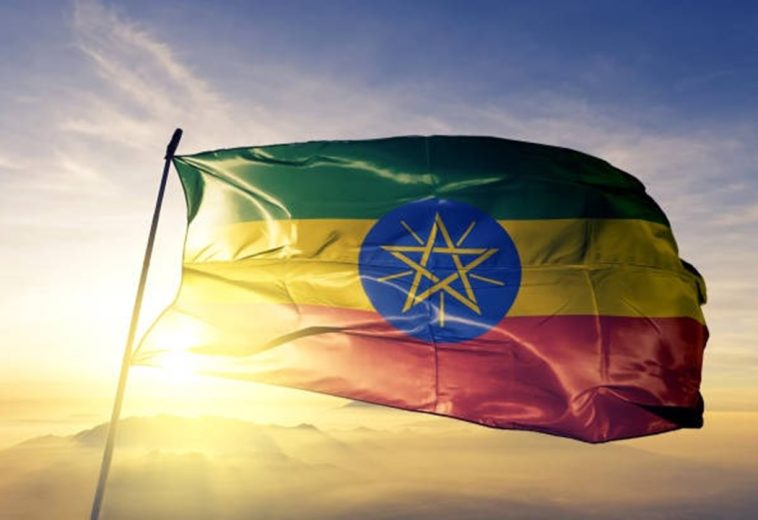Egypt, a land steeped in ancient mysteries and monumental legacies, has once again made history—not through echoes of its storied past, but by triumphing in the present. The country’s tourism sector achieved record-breaking revenues of $14 billion in 2024, solidifying its status as one of the world’s premier travel destinations. This impressive milestone underscores the nation’s resilience and adaptability in the face of global challenges.
Tourism is not merely a cornerstone of Egypt’s economy; it forms the heartbeat of its cultural identity. From the enigmatic Great Pyramids of Giza to the tranquil shores of the Red Sea, Egypt has long captured the imagination of global travellers. This latest revenue achievement, however, reflects more than the country’s iconic landmarks—it is a testament to strategic innovation and a robust recovery plan.
READ ALSO: Egypt’s Non-Oil Sector Shows Signs of Growth
The Sands of Time: A Historical Pillar of Egypt’s Economy
Tourism has historically been a pillar of Egypt’s economy, with its roots stretching back to the early 20th century when European elites flocked to the Nile River for luxurious getaways. The discovery of King Tutankhamun’s tomb in 1922 catapulted Egypt onto the world stage as an archaeological treasure trove, a status it has retained ever since.
In the late 20th century, the industry experienced significant growth, peaking in the 2010s before political instability and global health crises temporarily disrupted its momentum. Nevertheless, the sector has consistently demonstrated resilience, bouncing back stronger each time. The record-breaking revenues of 2024 mark the latest chapter in this enduring legacy.
Strategies Behind the Growth
The $14 billion revenue milestone in 2024 represents a significant leap from previous years. In the first half of 2024 alone, the industry recorded a 5% growth, generating $6.6 billion, according to official data. This impressive performance attests to Egypt’s success in revitalising its tourism sector following economic disruptions caused by the COVID-19 pandemic and global inflationary pressures.
Key Factors Driving Egypt’s Tourism Resurgence:
Targeted marketing campaigns aimed at international audiences.
Infrastructure investments to enhance visitor experience.
A focus on high-value tourism, attracting affluent tourists.
For example, Saudi Arabian tourists alone spent an estimated LE75 billion during their visits in 2024, demonstrating Egypt’s ability to attract a diversified and affluent audience.
The government has also expanded Egypt’s tourism appeal beyond traditional offerings. Notable additions such as the Grand Egyptian Museum and eco-tourism initiatives along the Red Sea coast have added new dimensions to the visitor experience.
Efforts to spotlight lesser-known destinations have borne fruit. While the pyramids and Nile cruises remain timeless attractions, the promotion of sites like Siwa Oasis and the White Desert has broadened the country’s tourism landscape. These initiatives not only boost revenue but also distribute economic benefits to smaller communities.
The Ministry of Tourism and Antiquities has played a vital role in these efforts, regularly unveiling new archaeological discoveries that continue to fascinate the world. The allure of exploring ancient tombs and temples, many still shrouded in mystery, draws millions of visitors each year.
Overcoming Challenges in Egypt’s Tourism Sector
Despite these successes, the road to $14 billion was not without obstacles. Geopolitical tensions, global economic uncertainty, and inflation posed significant challenges. Nevertheless, Egypt’s tourism leaders adopted a multi-pronged strategy to navigate these hurdles.
Market diversification: Attracting tourists from non-traditional markets such as India, China, and Latin America.
Digital transformation: Embracing digital tools to improve the tourist experience and increase direct-to-consumer engagement.
Social media marketing: Leveraging partnerships with global influencers to reshape Egypt’s brand image.
Future Prospects for Tourism
With its record revenues, Egypt’s tourism sector is not merely recovering—it is thriving. The country now looks ahead to 2025 and beyond, aiming to surpass current achievements. Key focus areas include:
Luxury tourism: Expanding high-end experiences for affluent travellers.
Digital innovation: Enhancing online platforms and digital services.
Sustainability: Promoting eco-friendly tourism and sustainable practices.
Tourism Minister Sherif Fathy described the revenues as “the highest ever recorded” and pledged to continue growth strategies aligned with global trends while preserving Egypt’s rich cultural heritage.
Aspirations and Opportunities: A Vision for 2025
Looking forward, Egypt’s tourism sector is set on further expansion, with plans to deepen its focus on ecotourism and enhance the Grand Egyptian Museum as a global cultural hub. Additionally, the government is prioritising infrastructure development, including improved transport links and luxury accommodations, to position Egypt as an all-season destination.
Egypt’s record-breaking tourism revenues reflect its unique ability to blend ancient charm with modern innovation. The nation’s commitment to revitalising its tourism sector while preserving its historical treasures has paid off handsomely.
The world watches with anticipation as Egypt continues its journey—a land where the echoes of the past harmonise with the promise of the future. In this golden era of Egyptian tourism, the Land of the Pharaohs is not merely a destination but an unforgettable experience—a timeless symphony of culture, history, and aspiration.




